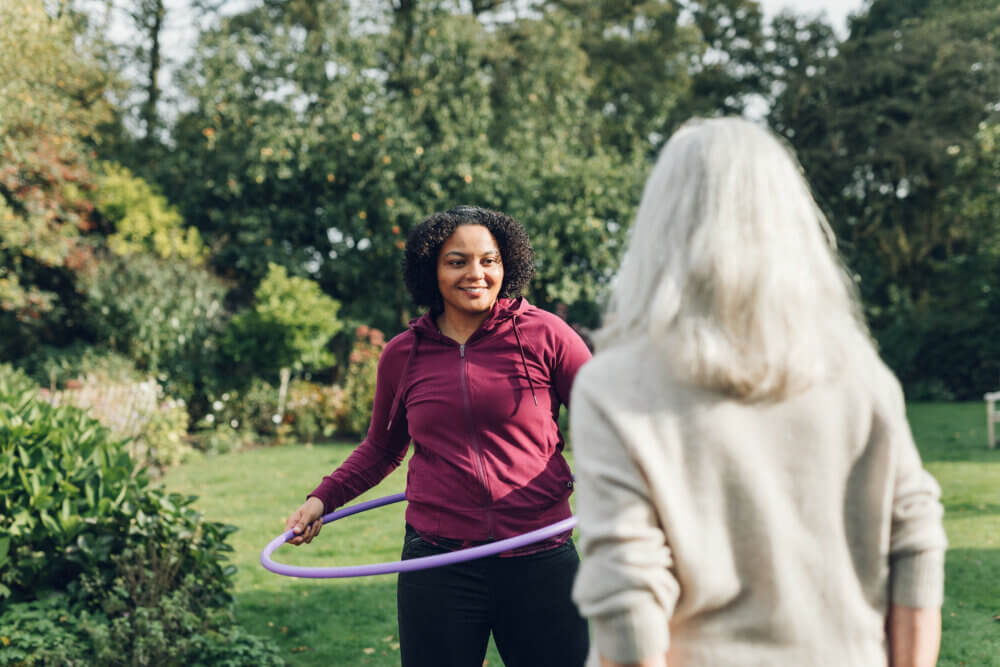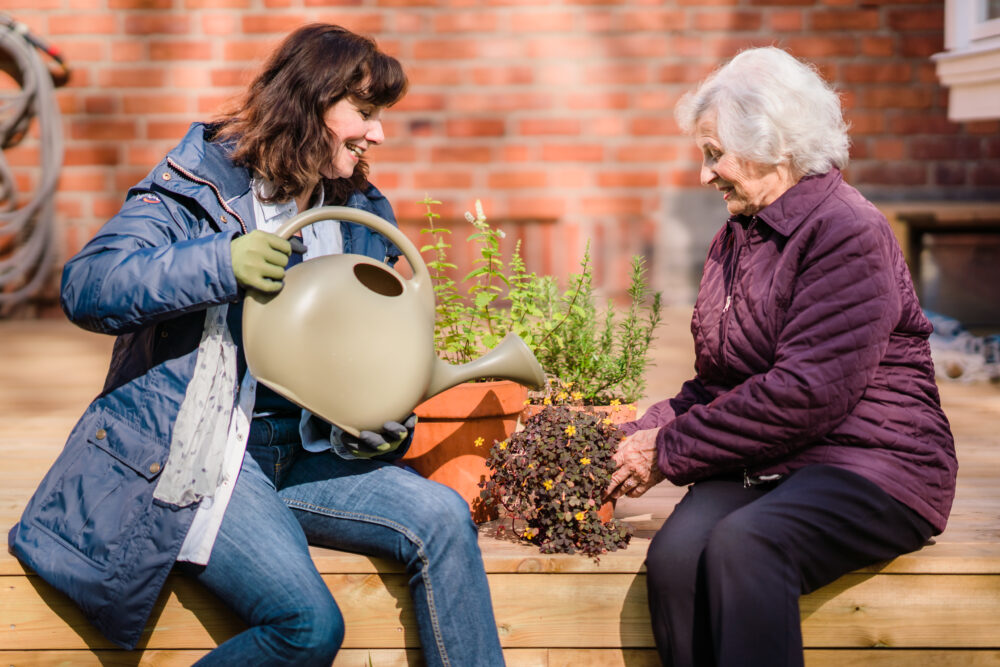Striking the Balance: Supporting Independence and Care for Your Elderly Loved One
Find valuable tips on supporting your elderly loved one's independence while providing the care they need. Strike the perfect balance and help them thrive!

Introduction:
As our loved ones age, it’s natural for them to require some level of care and support. However, many elderly individuals cherish their independence and strive to maintain it even as they receive assistance. Balancing independence and care is not always easy, but with the right approach, it’s possible to honour their desire for autonomy while ensuring their well-being. In this blog post, we’ll share valuable tips on how you can support your elderly loved one’s independence while providing the care they need.

Involve Them in Decision-Making:
When it comes to their care, it’s important to include your elderly loved one in decision-making processes. Respect their opinions, preferences, and wishes, and involve them in discussions about their daily routines, healthcare choices, and other aspects of their life. This inclusion empowers them and helps them feel valued and in control of their own lives.

Adapt Their Home for Safety:
Creating a safe and accessible living environment is crucial for maintaining independence. Evaluate their home for potential hazards and make necessary modifications, such as installing grab bars in the bathroom, removing tripping hazards, and ensuring proper lighting. Adapting their home to their changing needs promotes confidence and reduces the risk of accidents or injuries.

Encourage and Support Social Engagement:
Isolation and loneliness can be detrimental to an elderly person’s well-being. Encourage your loved one to stay socially engaged by participating in community activities, joining clubs or groups with shared interests, or attending local events. If mobility is a concern, explore options for virtual social interactions, such as video calls with family and friends. Staying connected helps combat feelings of loneliness and maintains a sense of independence.

Foster Hobbies and Personal Interests:
Help your loved one pursue their passions and hobbies. Engaging in activities they enjoy not only brings them joy but also promotes a sense of purpose and independence. Whether it’s gardening, painting, reading, or learning a new skill, support their interests and provide any necessary resources or assistance to help them thrive in their chosen pursuits.

Conclusion:
Supporting the independence of your elderly loved one while ensuring they receive the care they need is a delicate balance. By involving them in decision-making, adapting their home for safety, encouraging social engagement, and fostering their hobbies and interests, you can help them maintain a sense of autonomy and dignity. Remember, each individual’s needs and preferences are unique, so adapt these tips to suit your loved one’s specific circumstances. By striking this balance, you can create an environment that promotes their well-being and allows them to age gracefully with independence intact.
- Written by Sophie Mellor